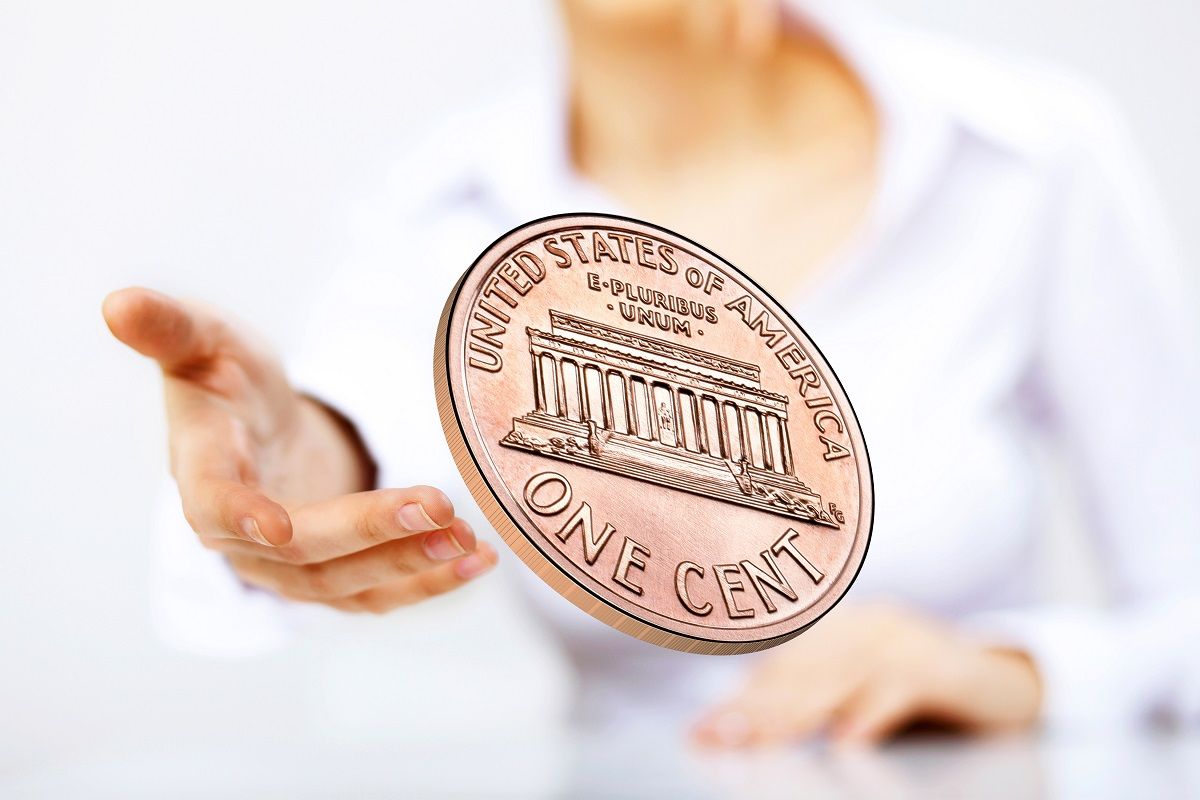An extremely unlikely event on today's Moment of Science.
In a hundred tosses of a coin, you expect about fifty heads.
Ever tried it? Imagine: a kitchen table, a chance idle moment. Flip a penny. Heads.
Toss again. Heads again? Somewhat unusual. Two heads is only one of four possible results in two throws.
Heads again? There's only a one in eight chance of three heads in three tosses.
Heads a fourth time! You've beaten one-in-sixteen odds! Interesting. Keep flipping. Good luck.
Twenty heads in a row! No hidden magnets? The chance of twenty straight heads is about one in a million. Success breeds success, right?
Wrong, in the case of honest coin flips. No matter what happened before, your chance for heads next time is always fifty-fifty.
Ninety-nine tosses, ninety-nine heads! The chance of that is about one in six hundred billion billion billion. If you'd only known, you could be rich!
At this point, some people might say you're on a roll. Others, that you're due for a string of tails. Smart ones won't play. The chance of getting heads next time is still fifty-fifty.
Two hundred and ninety-nine heads in a row? The odds against that are about one with 90 zeros. Someone should see this—a TV reporter, a mathematician! Too late. The previous two hundred and ninety-eight throws are in the past—gone.
We're out of time. Happy tossing. But remember: Honest coin flips are independent. Past performance has no bearing on future results.
This moment of science comes from Indiana University.
I'm Yaël Ksander.










